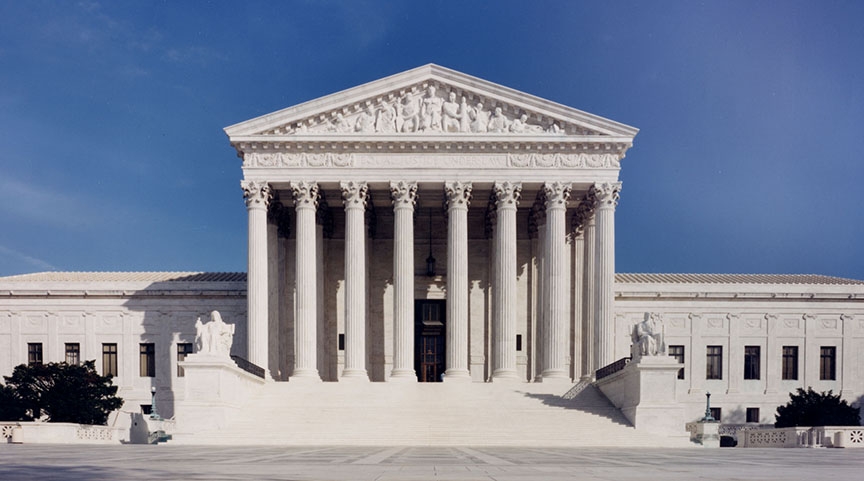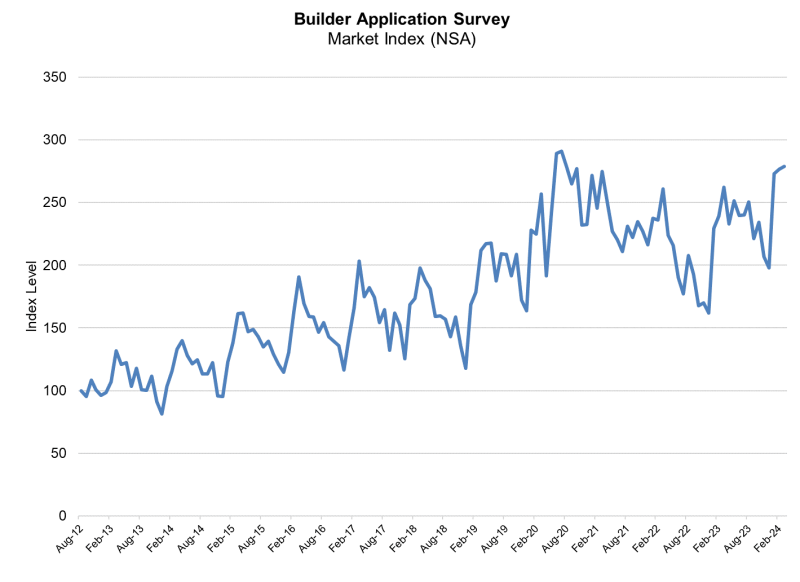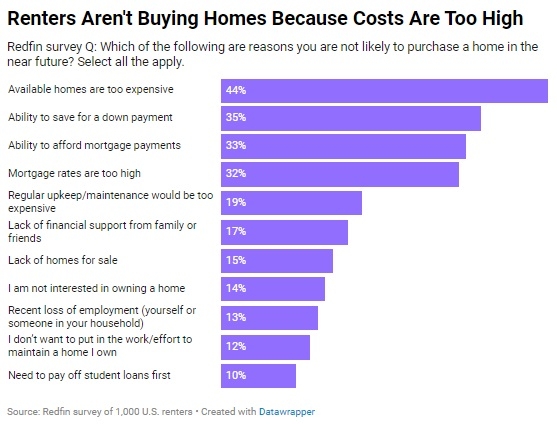
CFPB Asks Supreme Court To Rule On Its Constitutionality

Petition filed less than a month after lower court ruled its funding method method is unconstitutional.
The Consumer Financial Protection Bureau (CFPB) isn’t going down without a fight.
The CFPB filed a petition with the U.S. Supreme Court this week asking it to review a lower court’s ruling that its funding method is unconstitutional.
The petition follows a federal appeals court ruling on Oct. 19. The decision by a three-judge panel of the 5th U.S. Circuit Court of Appeals in New Orleans was issued as part of a ruling on an appeal of a case brought by payday lending groups. The Community Financial Services Association of America and Consumer Service Alliance of Texas had sued the CFPB, challenging the validity of its 2017 payday lending rule, which regulates high-interest rate lenders.
The plaintiffs contended that in enforcing the rule, the CFPB “acted arbitrarily and capriciously and exceeded its statutory authority,” according to court documents. The groups also contended that the CFPB “is unconstitutionally structured, challenging the bureau director’s insulation from removal, Congress’s broad delegation of authority to the bureau, and the bureau’s unique, double-insulated funding mechanism.”
The U.S. District Court for the Western District of Texas rejected those arguments, but that decision was appealed to the 5th Circuit Court.
When the CFPB was created as part of the 2010 Dodd-Frank financial overhaul law, Congress chose to exempt the bureau from annual appropriations. Instead, CFPB is funded by transfers from the Federal Reserve. While the funding is capped at 12% of the Fed’s annual budget, it cannot reject requests that fall under the cap.
The 5th Circuit Court’s decision, written for the court by Judge Cory T. Wilson, states that, “Congress’ decision to abdicate its appropriations power under the Constitution, i.e., to cede its power of the purse to the bureau, violates the Constitution’s structural separation of powers. We thus reverse the judgment of the district court, render judgment in favor of the plaintiffs, and vacate the bureau’s 2017 Payday Lending Rule.”
Joining Wilson in the decision were Judge Don R. Willett and Judge Kurt D. Engelhardt. All three were appointed by former President Donald Trump.
In its petition to the Supreme Court, the CFPB says a review of the lower court’s decision is warranted “because the court of appeals’ decision declared an Act of Congress unconstitutional, because it squarely conflicts with a decision of the D.C. Circuit, and because it threatens to inflict immense legal and practical harms on the CFPB, consumers, and the Nation’s financial sector.”
The petition notes the appeals court recognized that every court to consider the CFPB’s funding structure, including the D.C. Circuit and at least six district courts, has deemed it constitutionally sound.
“But the (appeals) court ‘respectfully disagree[d] with’ those decisions. The court also acknowledged that Congress has established several other agencies that, like the CFPB, are funded through sources other than time-limited spending bills. But in the court’s view, the various features it had identified meant that CFPB’s ‘funding structure goes a significant step further than that enjoyed by the other agencies.’”
CFPB said it filed the petition less than a month after the lower court ruling to enable the Supreme Court to “hear and decide the case this term.”
Because the ruling was made by a three-judge panel of the 5th U.S. Circuit Court of Appeals, the CFPB could have asked all of the active judges on the appeals court to reconsider the decision. It sought the review by the U.S. Supreme Court instead.
Following the lower court ruling, the CFPB provided a statement on the decision via email.
“There is nothing novel or unusual about Congress’s decision to fund the CFPB outside of annual spending bills,” the CFPB said. “Other federal financial regulators and the entire Federal Reserve System are funded that way, and programs such as Medicare and Social Security are funded outside of the annual appropriations process. The CFPB will continue to carry out its vital work enforcing the laws of the nation and protecting American consumers.”
The Supreme Court has previously ruled that part of the structure of the CFPB is unconstitutional. In a 5-4 decision issued in June 2020, Chief Justice John Roberts, writing on behalf of the majority, said, "the structure of the CFPB violates the separation of powers."
"The agency may therefore continue to operate, but its director, in light of our decision, must be removable by the president at will," Roberts wrote at the time.
The court has also issued a decision by a 7-2 vote that a provision in the Dodd-Frank law that dictates the director's removal could be struck down without invalidating the entire law.




